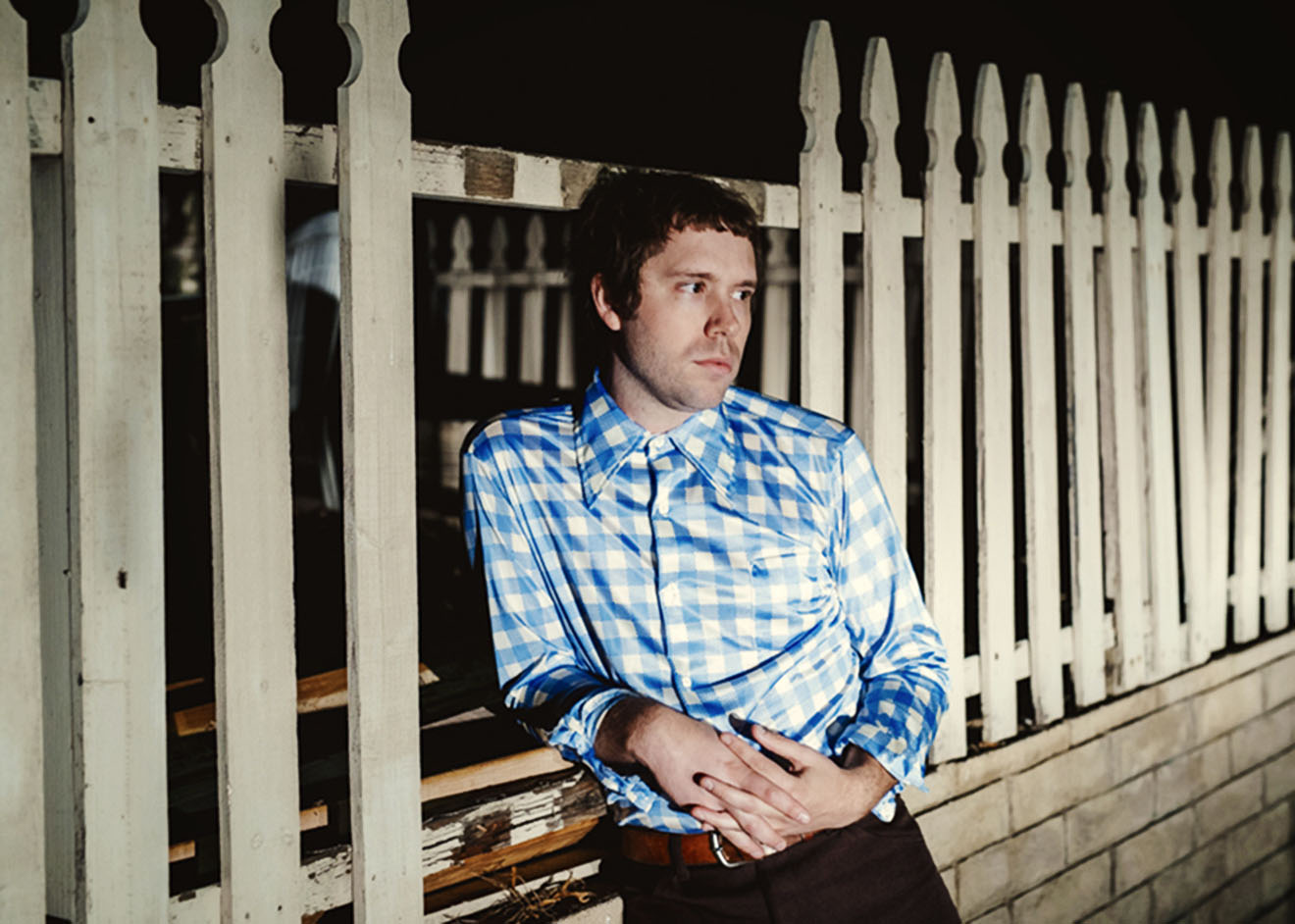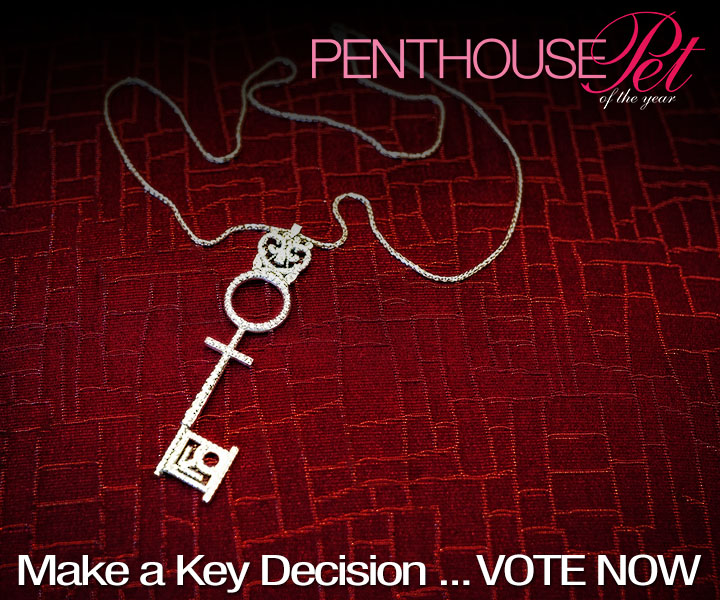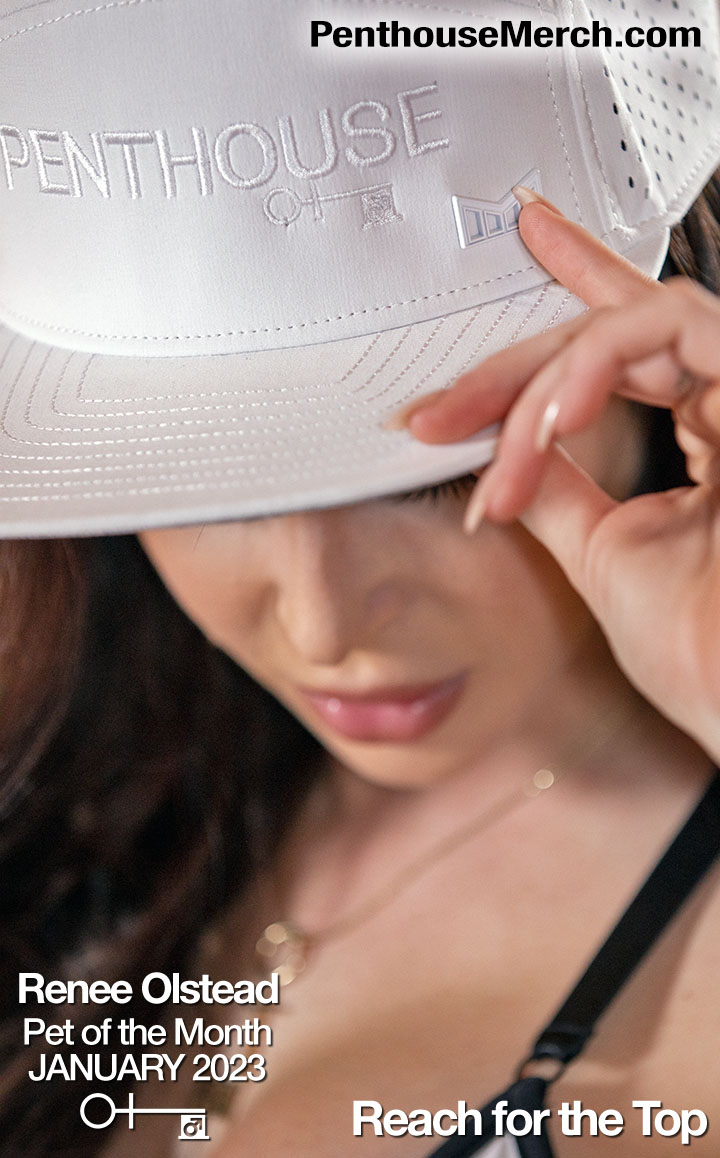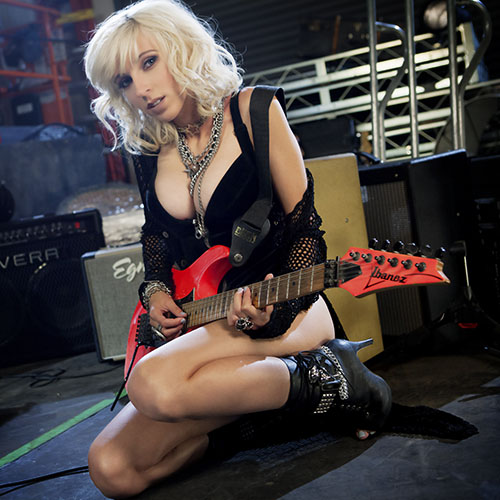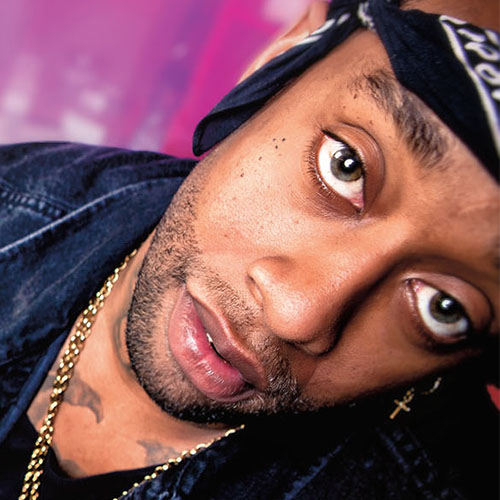Mike Krol knew he was fucked the minute he fell in love with music.
“It was pretty instant once I discovered it,” the 34-year-old garage-rock musician tells Penthouse. “I knew that nothing else in the world would move me the way music did. It’s always been and always will be the most important thing in my life, and the only form of self-expression that leaves me feeling completely satisfied.”
Since moving from his hometown of Milwaukee to Los Angeles, Krol signed to Merge Records and, in early 2018, released his sophomore record with the label, Power Chords, a fuzzed-out, low-fi punk album driven by infectious hooks. As with his earlier albums (Turkey, Trust Fund, and I Hate Jazz), Krol isn’t afraid to get catchy while chronicling angry personal pain.
“[Music] ruined my life because once I started to express myself through it, I knew that it was the only thing that truly made me feel alive—and unfortunately it’s hard to write good songs, making it the cause of many late nights feeling unfulfilled,” Krol says. “But I wouldn’t have it any other way because the payoff is too sweet.”
So, does Krol hate the love that ruined his life?
“I wouldn’t ever say I hate music,” he says. “I hate certain types of music, but music itself never lets me down. The music business on the other hand—that’s a love/hate relationship for sure.”
We sat down with Krol to talk about what’s been going on since Power Chords officially dropped.
What’s with Midwesterners bottling up their anger?
I think it has something to do with the weather. You spend a good chunk of the year hiding indoors from snow, rain, or frigid temperatures and accepting less than ideal conditions that are out of your control. I feel like that way of thinking inevitably creeps into other areas of your life, and before you know it, you’re just angry at everything but feeling totally powerless.
What are the lyrical themes running through Power Chords?
I’d say the main lyrical theme of this album is self-acceptance and growth. Trusting your instincts, addressing your shortcomings, and finding your voice again after feeling like you lost it. It’s about the love of music and how the discovery of a person, place, or thing can shake you to your core, and give you life and power in a way that nothing else can.
What was your writing process like during this record, and did you have to fight any demons along the way?
So many demons! Although this is technically my fourth album, it was my second on Merge, and the first album that I’ve ever released where there was an actual audience interested in and aware of what I was doing. The pressure was on, and I didn’t have my usual “dance like no one is watching” mindset. So, I definitely fell into the “sophomore slump,” where I questioned every decision made and felt like giving up and throwing the whole thing away at so many points in the process. Mostly I struggled with what I should be writing about. And so, naturally, that’s what I ended up writing about: self-doubt and criticism that ultimately grows into forgiveness and strength.
What are your top three albums since your teen years?
That’s easy. The first would be Weezer’s Blue Album. That was the gateway into my whole existence. Second would be the Strokes’ Is This It. That album came out when I was a senior in high school, and it single-handedly changed the course of my life and led me to move to New York City for college. Lastly would be Violent Femmes’ first album, which I was exposed to all throughout my childhood in Milwaukee, and being close friends with bassist Brian Ritchie’s nephew, but it didn’t really click until I moved away from home. I would put it on whenever I was homesick. It taught me more about myself than I’ll ever be able to explain.
Why did you want to learn guitar in the first place?
Purely out of necessity, because I wanted to be in a band and have original songs. My main instrument is the drums, which is what I grew up playing in school and taking lessons for. Around junior year of high school, I wanted to start a band but didn’t know anybody who could write songs. So I borrowed a guitar from a friend and figured out how to play power chords and bar chords, and I started to write the songs for my band. Then I got into home recording and using 4-tracks, and the rest is history. That was the start of my one-man-band bedroom-recording-project that I’m currently still exploring.
Do you remember seeing Penthouse magazine when you were young?
Man, I wish I had some great story about this, but I was a pretty innocent kid. Definitely a late bloomer in that department! When this article publishes, it will be the first Penthouse magazine that I have bought or been in possession of.






